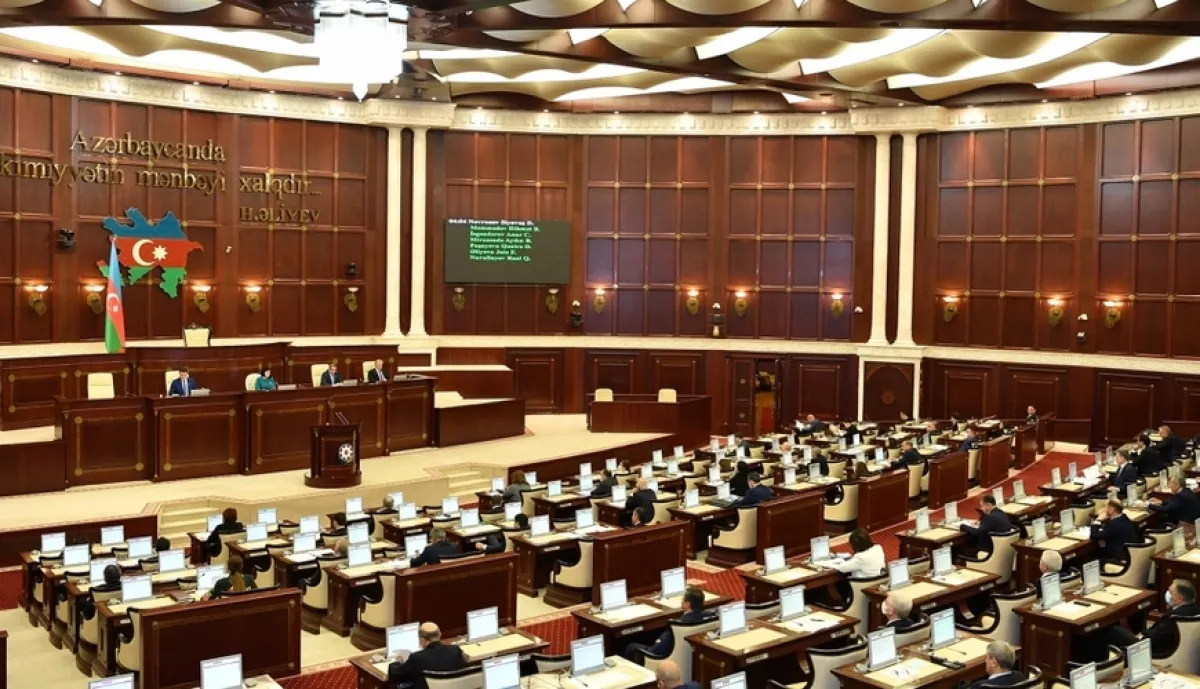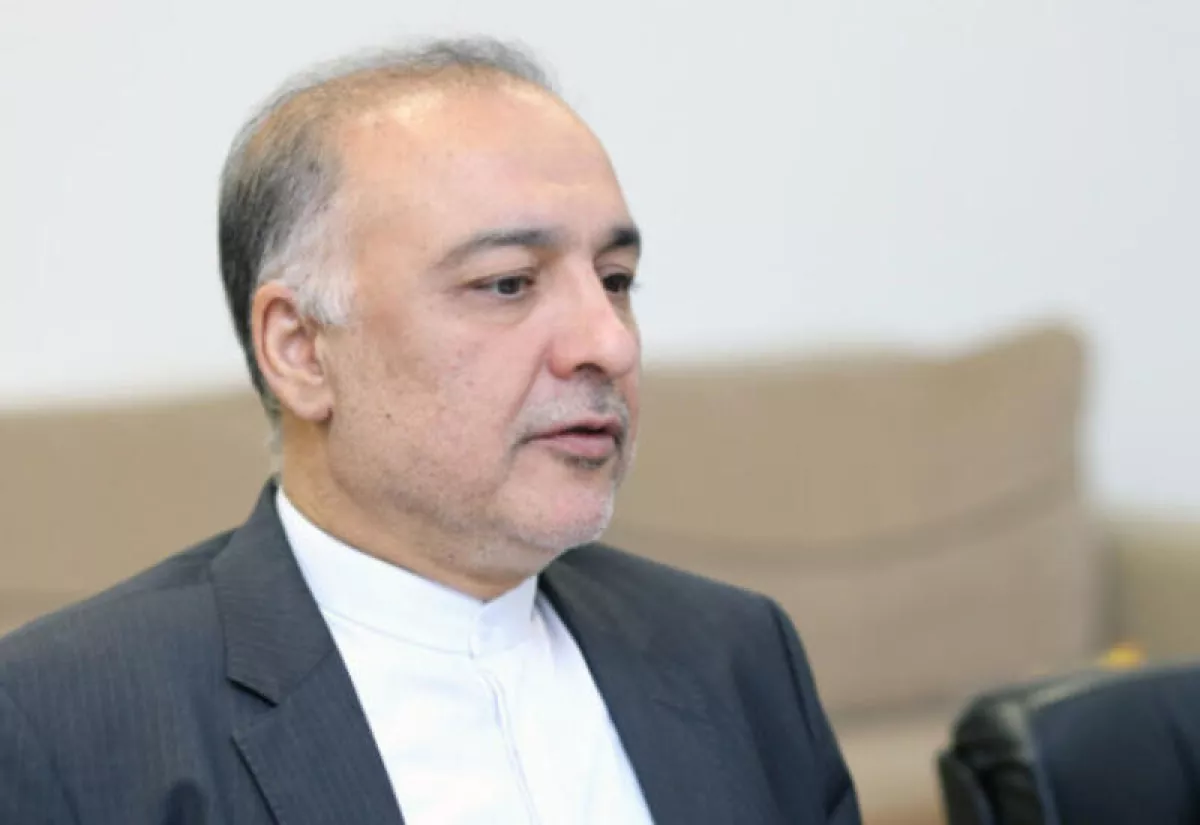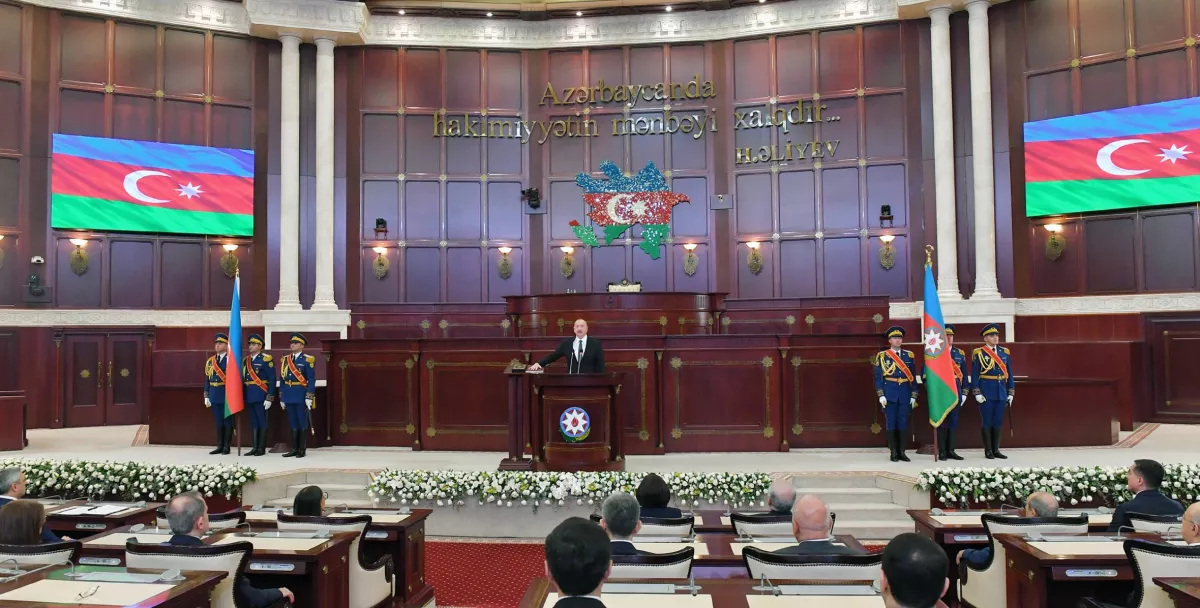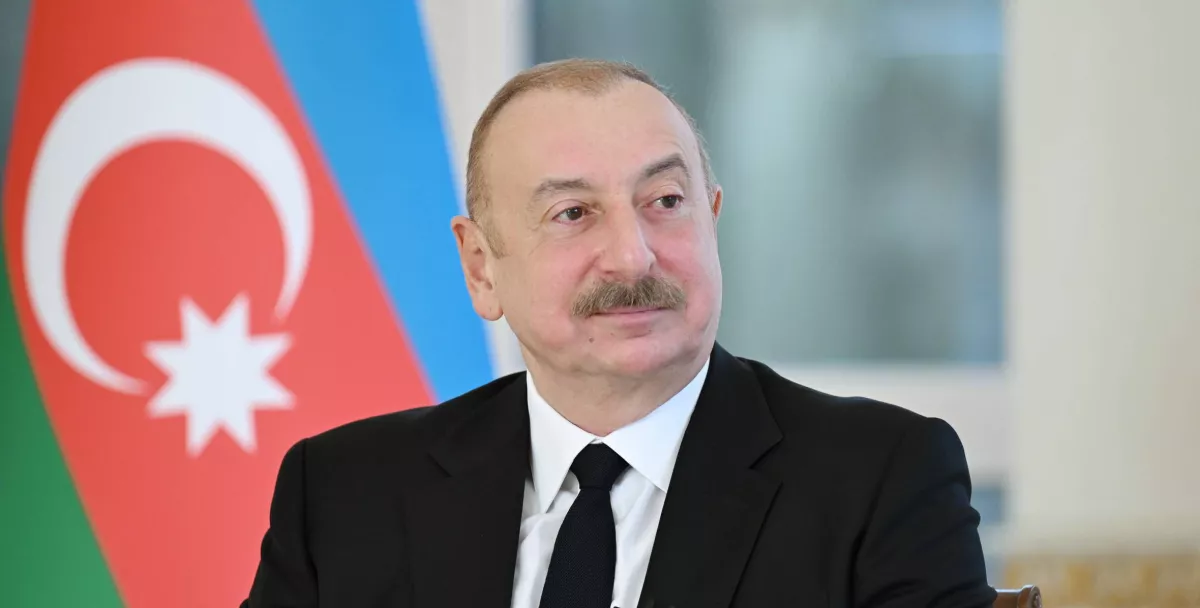Hybrid scenarios against Azerbaijan Provocations, bots, cyberattacks
In a statement issued on July 2, the Milli Majlis (parliament) Commission on Combating Foreign Interference and Hybrid Threats reported that recent monitoring has uncovered a large-scale information campaign targeting Azerbaijan and Azerbaijani communities in Russia. This campaign followed unlawful actions committed against Azerbaijani nationals in Yekaterinburg and has been waged across Russian media and the Telegram platform, where various channels and individuals have circulated provocative messages inciting hostility toward Azerbaijan.
The parliamentary commission reiterated its concern over ongoing efforts by certain external actors to interfere in Azerbaijan’s internal affairs through a range of hybrid threat tactics.

In this context, it is worth recalling that hybrid threats (or hybrid warfare) refer to a form of hostile action in which the aggressor avoids traditional military invasion, instead resorting to covert operations, sabotage, cyber warfare, support for opposition forces, ideological influence, and other non-conventional methods.
Against this backdrop, one is reminded of the statement made in May by Ramid Namazov, Chairman of the aforementioned parliamentary commission, regarding the cyberattack carried out in February against Azerbaijani media outlets belonging to the “Global Media Group.” At the time, he stated that the Russian hacker group APT2 was behind the attack.
However, cyberattacks can take other forms as well. A case in point is the recent statement by Iran’s Ambassador to Armenia, Mehdi Sobhani, who unexpectedly accused Baku of allowing Israel to use its airspace to launch strikes against the Islamic Republic of Iran.

The Azerbaijani Ministry of Foreign Affairs dismissed these allegations as baseless, particularly in light of the lack of any credible evidence. Just a few days later, Sobhani himself retracted his statements, citing the absence of official information to support his provocative remarks about Azerbaijan. As he put it, one should not “rely solely on media reports.”
This demonstrates that hybrid threats can take various forms, but their underlying nature remains unchanged. It is crucial for society to be prepared for such provocations.
It is no coincidence that, in his inaugural address in February 2024, President of Azerbaijan Ilham Aliyev emphasised that all potential risks facing the country originate beyond its borders. In this context, the president stressed the need to defend Azerbaijan not only against physical threats but also against ideological ones—particularly given that the latter “know no bounds, especially in the current situation.”

Continuing on this theme, the President outlined a key national priority: educating the younger generation in the spirit of patriotism and national traditions. As he stated, raising youth means securing the country’s future. He also noted that ideological provocations against Azerbaijan are inevitable, as the country’s detractors seek to discredit it by promoting an unfounded and falsely negative image.
This is why forming a generation deeply committed to national and spiritual values—with pure intentions—is of paramount importance. Such an approach serves as a strong safeguard against external ideological influence.
Indeed, this issue has become one of the central pillars in the broader context of strengthening national security. Only a society intellectually fortified and grounded in traditional values passed down through generations can effectively resist hybrid threats and move forward with confidence.
Furthermore, serious internal preparation and constant self-awareness are essential. This will enable society to clearly understand how foreign bot and troll networks are being deployed against the country and its citizens—whether through comments on publications or through videos spreading anti-Azerbaijani narratives.
Overall, there is already a well-established understanding of this issue in Azerbaijan.
This is evidenced by the public discussions held in the Milli Majlis back in 2024, which focused on foreign interference and hybrid threats in the run-up to COP29. Thanks to the work carried out in this area, Azerbaijan was well-prepared for all attempts at destabilisation made by hostile forces during the preparation and hosting of COP29—and all of those attempts ended in failure.
In other words, knowledge, professionalism, and ideological preparedness have clearly played a vital role in enabling timely and appropriate responses to new waves of hybrid aggression against Azerbaijan.
In conclusion, it is worth recalling the words of President Ilham Aliyev, spoken in June 2025.

According to President Ilham Aliyev, guided by national interests, Azerbaijan is confidently pursuing an independent policy amid new global realities—anchored in its Constitution and sovereign rights—while striving to become an active participant in shaping a new world order based on peace, cooperation, and sustainable development.
To support this noble course, it is especially vital to develop the ability to recognise and anticipate hybrid threats. As the saying goes, time is narrowing—and today, the ability to make the right decision often requires an instant, flawless response. This is why it is crucial for every citizen to take the issue of hybrid threats seriously and respond accordingly—in their own sphere of responsibility.








